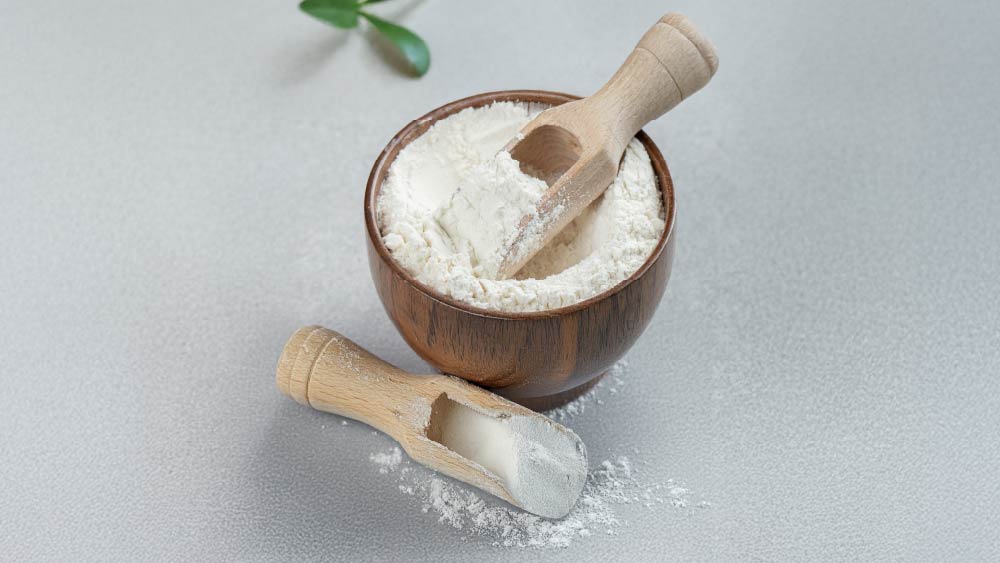Let’s state the obvious – alcohol is deeply ingrained in our society.
Whether it’s watching a sporting event, meeting friends for a night out, or winding down from a stressful workday, alcohol is one of the most common substances we consume. This is reflected in the industry’s annual revenue, which exceeds $260 billion in the United States alone.
Despite the industry’s growth, a notable contingent of people are choosing lifestyles with less or no alcohol, known as the “sober-curious” movement. This group, once considered outsiders in social settings, has grown significantly. Beverage makers have even taken note, creating non-alcoholic versions of popular alcoholic drinks to cater to this rising demand.
The rise of the sober-curious movement
We live in an age where health, of all kinds, is prioritized more than ever. This increased focus on well-being makes it harder to ignore the negative aspects of various habits, including alcohol consumption. Risks of alcohol consumption include addiction, increased chances of different cancers, liver and heart disease, high blood pressure, weight gain, depression, and increased risk of accidents.
For many people, the potential health issues are not worth the temporary pleasure of a “fun night out,” leading to the rise of the sober-curious movement. Additionally, the popularity of “mocktails” (non-alcoholic mixed drinks) are on the rise. According to a report by IWSR, the no- and low-alcohol beverage sector is now worth over $1 billion in the U.S., with continued growth expected. This trend makes it easier for people to say no to alcohol without missing out on social activities where drinking is the norm.
Benefits of a sober-curious lifestyle
Reducing alcohol consumption offers numerous short and long-term health benefits. Some immediate changes you might notice include:
- Weight loss: Most alcoholic beverages are high in calories, and many mixed drinks are loaded with sugar; neither is good for the waistline.
- Improved memory function: Alcohol impairs communication between neurons, leading to short-term memory loss. Cutting back on alcohol can help maintain brain function and sharp memory.
- Better sleep: While alcohol might help you fall asleep initially, it disrupts deeper sleep stages as your body processes it. Reducing alcohol intake can lead to more stable blood pressure and heart rate, promoting deeper, more restful sleep.
- Balanced moods: Alcohol is a depressant that can destabilize moods. The initial serotonin boost might feel good, but the subsequent crash can cause depressive states. No alcohol means more stable moods.
Long-term benefits of reduced alcohol consumption include improved heart health, enhanced liver function, and a stronger immune system.
Is a sober-curious lifestyle right for you?
Ultimately, the decision to adopt a sober-curious lifestyle is personal and can be challenging due to societal pressures. If you’re considering this path, it’s best to start gradually. Taking a break from alcohol allows you to evaluate its role in your life and its impact on your well-being.
Remember, if you choose to drink, moderation is key. There are almost no positive benefits to drinking excessively, whether occasionally or regularly. If you find yourself needing alcohol to enjoy social activities or relax, it might be worth talking to someone, as it could indicate deeper health issues.
By embracing a sober-curious lifestyle, you can experience significant health benefits and improve your overall quality of life.






